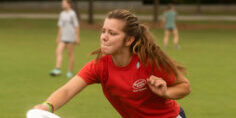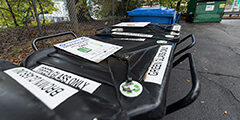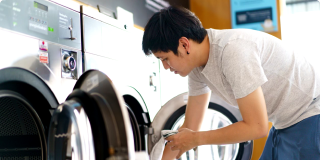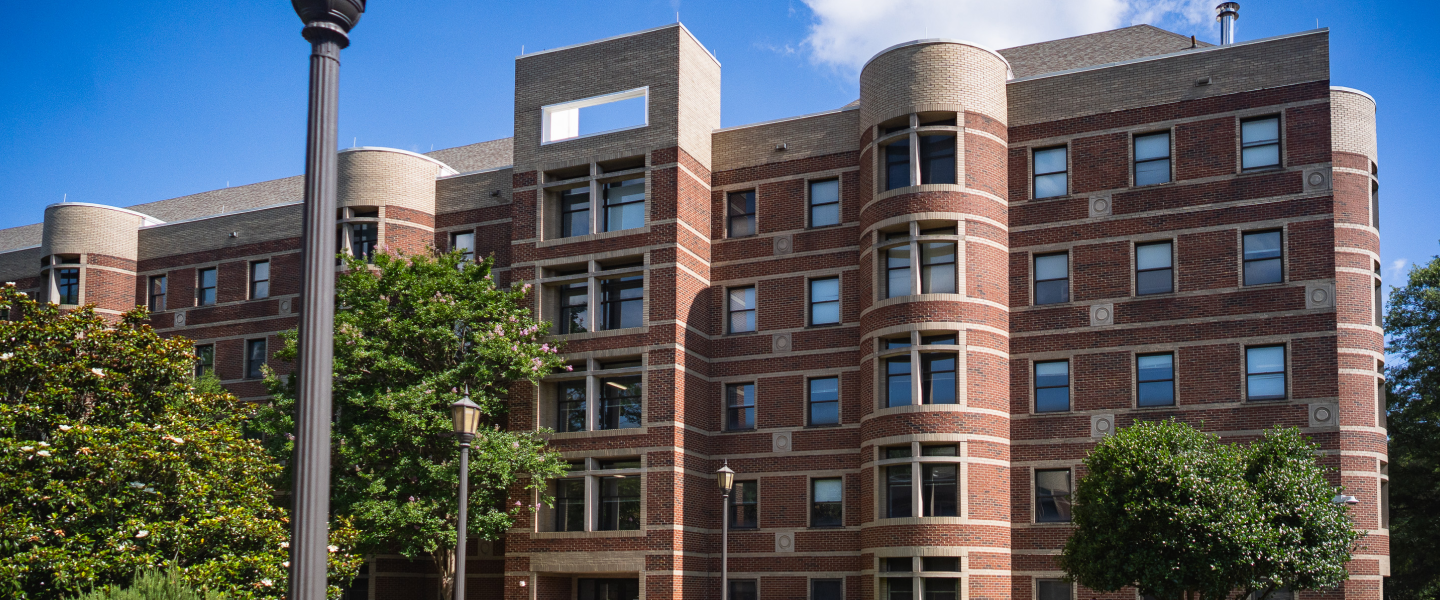
Resources
If you have questions about housing, need facilities support in your room, or get locked out, Housing and Residence Life is here to help you both before you arrive on campus and after you've moved in. We're dedicated to providing the support you need throughout your time at Georgia Tech.
See all help & support resourcesHousing Help Desk
If you need assistance, feel free to reach out to our housing help desk. You can contact us by phone, chat, or by submitting a ticket. We're here to help with any questions or issues you might have!
Area Offices
Locked out? Have a general question? Need help finding a resource on campus? Need to talk to someone? The Area Offices are here to help during campus business hours.
Facilities
Got something that needs fixing in your room? Need to report an issue? Just submit a facilities request, and our team will ensure the work is done promptly and efficiently. We're here to maintain a comfortable and functional living space for you!
Tech Support
Having trouble setting up your technology? Call us today or hop on a live chat with a technology expert. Hands on support is also available at our walk-up locations.
We offer a variety of community resources both in the residence halls and through partnerships across campus. From laundry facilities and meal plans to wellness programs and academic support, you’ll find plenty of ways to stay connected and thrive at Georgia Tech.

Partnering with the Campus Recreation Center, residents can participate in Healthy Hives programming in the halls to enhance their well-being.

Housing and Residence Life prioritizes student safety by implementing comprehensive emergency plans and maintaining secure residence halls.

Students can participate in residence hall sustainability efforts by engaging in recycling, composting, and energy-saving programs.

Laundry is FREE in our halls! Learn how to utilize our laundry facilities here.

Georgia Tech offers a variety of transportation options to meet students’ needs, including a free on-campus bus system.

Georgia Tech Dining offers a variety of meal plan options, including all-you-care-to-eat dining halls. First-year residents are required to purchase a meal plan.

Mail and packages are not delivered to residence halls, but residents can easily access their mail at the John Lewis Student Center.

Residents with children can easily access childcare and family support services at Georgia Tech. On-campus childcare is managed by Bright Horizons.
